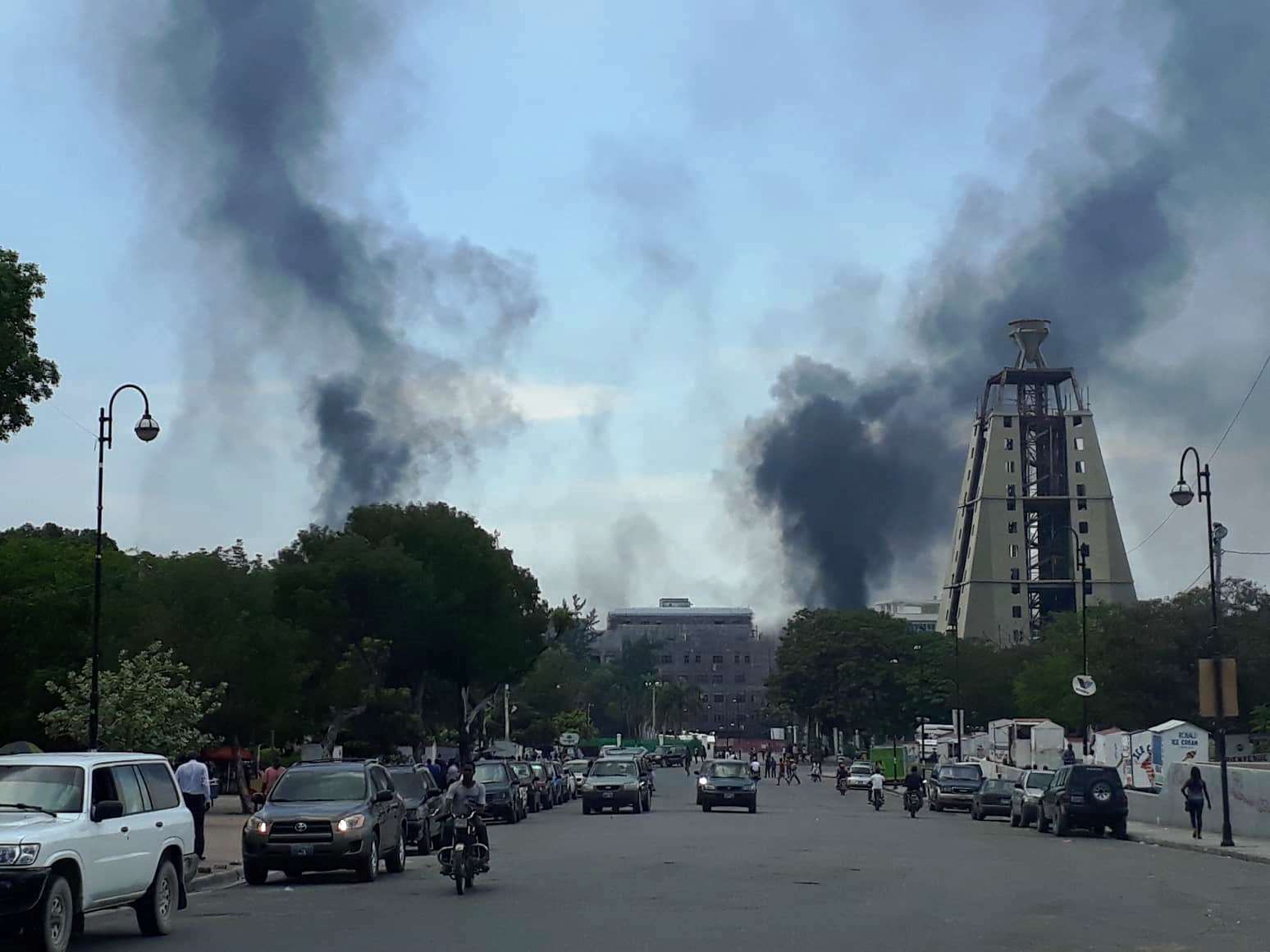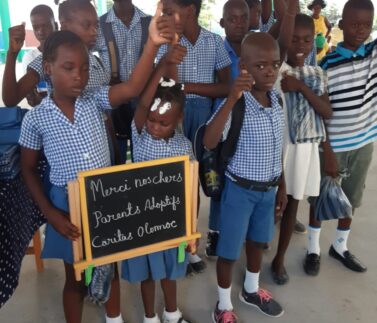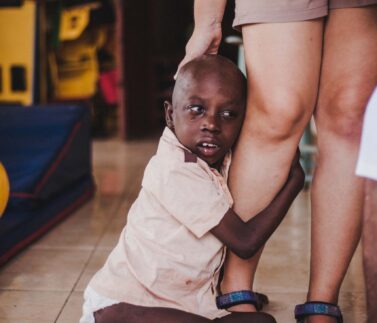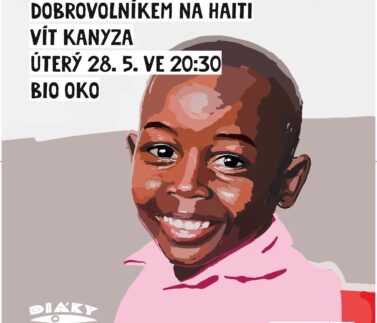
More and more people are fleeing from Haiti. People feel danger
Haiti – The situation in the island state of Haiti is worse day by day. In addition, the country is plagued by drought and a lack of water. People, especially in remote areas, suffer from a shortage of basic food, medicines, gasoline and electricity supply. Schools and some hospitals are closed. Since September 2019, 42 people have been killed (among them the well-known journalist Joseph Néhémie), and these are just officially reported figures. Smaller towns also face violence.
The Haitians are demanding the resignation of President Jovel Moiss, whose mandate is due to expire in 2020. They accuse him of corruption and he rejects the accusation despite the fact that his government faces criticism from the public and electricity suppliers. Everyone points out $ 123 million of outstanding debts. On Monday, November 4, the judges were chosen to judge the case of President Moïse, one of whom will be elected by a simple majority of the Senate as a provisional president of the so-called transitional government.
Despite this, demonstrations and barricades at the Presidential Palace in the capital Port-au-Prince are a daily routine. For example, a curious action by the demonstrators was the burning of an empty coffin with the name of President Jovenel Moïse in front of a local cemetery in Carrefour on Friday, November 1. Three days later, the idea of deposing the president was also supported by a demonstration by representatives of the New York-based community of nearly 100,000 people. They went to the streets of Brooklyn.
Both civil and economic difficulties have caused perhaps the highest degree of refugee since colonization times. Hundreds of Haitians illegally cross the border to the neighbouring Dominican Republic. There, however, they face great resistance from the locals and are deported back to their country by dozens.
Hope dawns for those who want to leave the country legally. President Donald Trump extended the Haitians’ business stays in the United States until January 4, 2021. The Brazilian Embassy offers visas to 80 000 Haitians.
Humanitarian aid, for example by delivering 2 000 tonnes of food, is able to address the escalated situation. Development aid projects, such as those addressing the plastics problem and water pollution, are also ongoing in the country.
Lada Matyášová, Arcidiecézní charita Olomouc
Source: Haiti Libre



